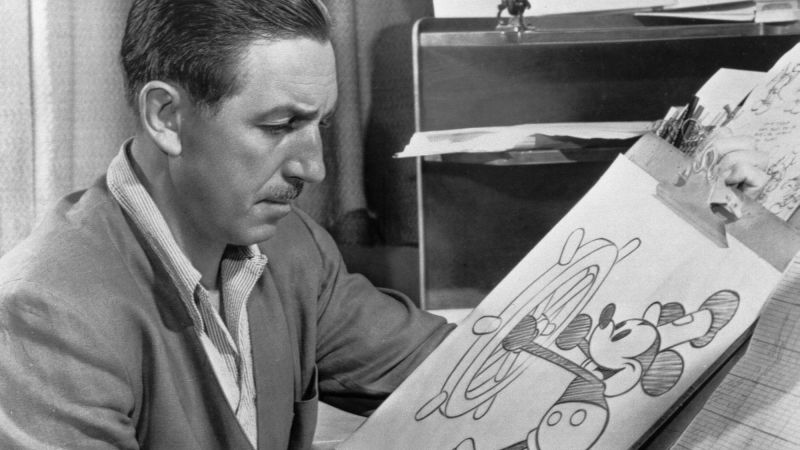In just a few short days, an early version of Disney’s most iconic character will join the public domain for the first time.
For nearly a century, the image of Mickey Mouse has been married to the Walt Disney Company brand, but on January 1, 2024, Disney’s copyright of “Steamboat Willie,” Walt Disney’s first short film featuring Mickey Mouse, will expire.
That means that one of the company’s earliest iterations of its beloved rodent will become available for public use.
…
“Steamboat Willie” premiered in 1928, helping launch Mickey Mouse and Walt Disney into the stratosphere. Since US copyright law, which was last updated by Congress in 1998, allows copyright to be held for 95 years, Disney’s sole claim to the character is about to end.



Can’t find the video by lawful masses explaining the specific components but if I recall correctly copyright is a bundle of rights.
You have and can sell, give or license them together or separately.
So, outside fair use which isn’t as slam dunk as people think and you still have to fight in court to prove you had a right at your own expense, copyright holders can give some rights but not others. And unless explicitly stated the rights can be assigned to you but you can’t grant them to others. E.g. the schools allowed to perform it, but can’t give rights to parents to record it.
You can make as many copies of my poem you want. But you can’t change the wording. (Limited reproduction allowed, derivatives not)
You print my poem in your book and change the wording but it can’t be streamed, projected, performed. (Reproduction, derivatives allowed, performance not)
You can perform my music on a stage with lyrics but you can’t let them be photocopied/streamed. (Performance allowed, reproduction not)
It all makes sense when the copyrights are for a short time. They’re meant to be a creative monopoly incentivizing people putting stuff out there and then it being part of the public domain after a time.